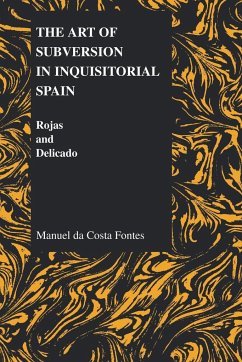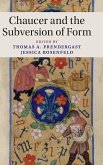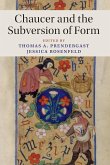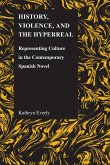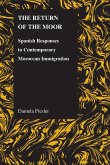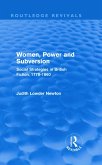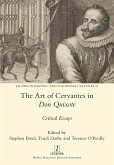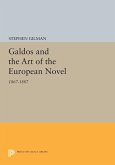Rojas's Celestina (1499) is perhaps the second greatest work of Spanish literature, right after Don Quixote, and Delicado sought to surpass it with La Lozana andaluza (1530), an important precedent of the picaresque novel. Both works were written during the height of the Inquisition, when the only relatively safe way for New Christian writers of Jewish extraction like Rojas and Delicado to express what they felt about the discrimination they suffered and their doubts regarding the faith that had been forced upon their ancestors was in a covert, indirect manner. Some scholars have detected this subversive element in Rojas' and Delicado's corrosive view of the Christian societies in which they lived, but this book goes far beyond such impressionism, showing through abundant textual evidence that these two authors used superficial bawdiness and claims regarding the morality of their respective works as cover to encode attacks against the central dogmas of Christianity: the Annunciation, the Virgin Birth, the Incarnation, and the Holy Trinity. This book, which will generate controversy among Hispanists, many of whom have refused to examine these works for non-Catholic views, will be of interest not only to students and scholars of Spanish literature, but also to those involved in Jewish studies, Medieval European history, and cultural studies.
Hinweis: Dieser Artikel kann nur an eine deutsche Lieferadresse ausgeliefert werden.
Hinweis: Dieser Artikel kann nur an eine deutsche Lieferadresse ausgeliefert werden.

